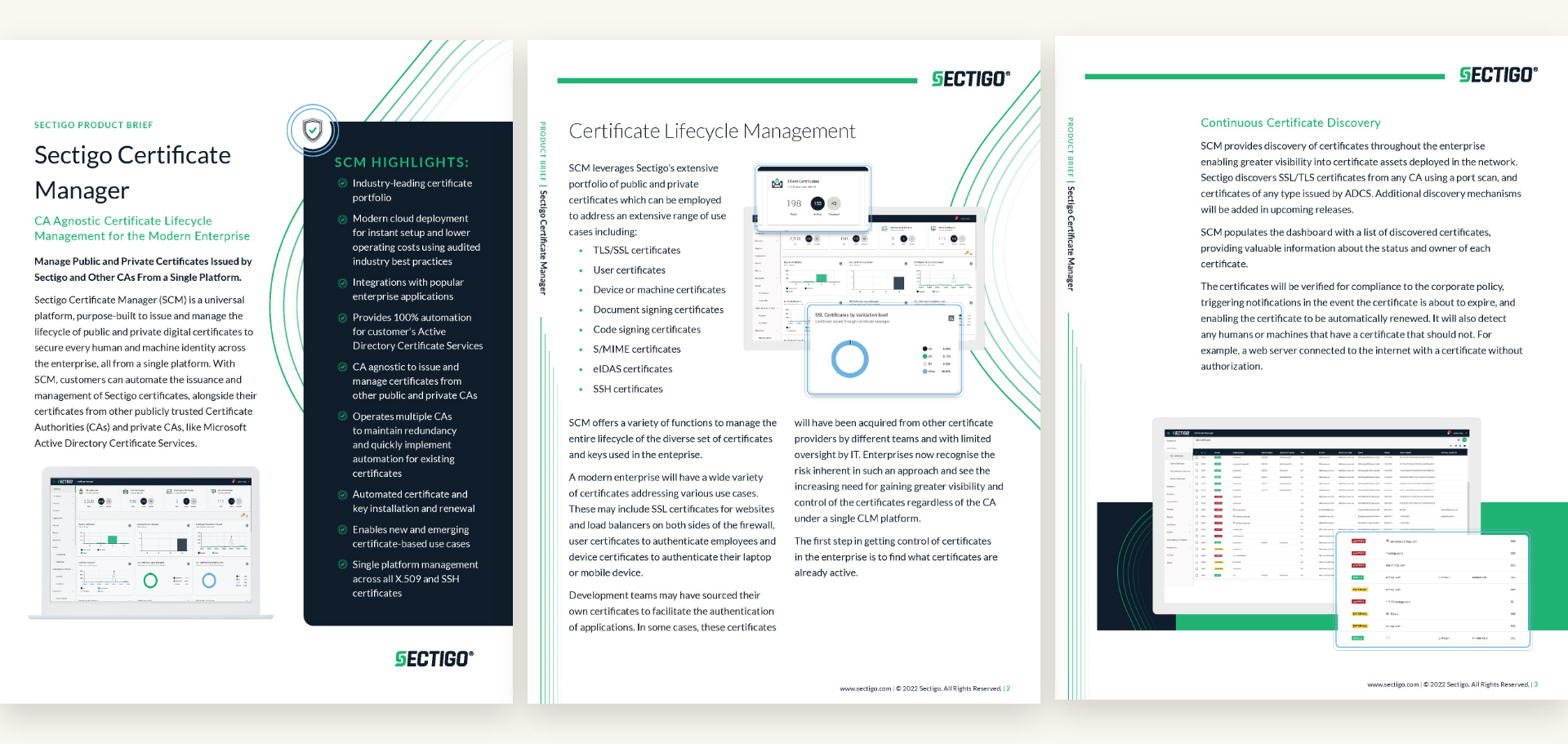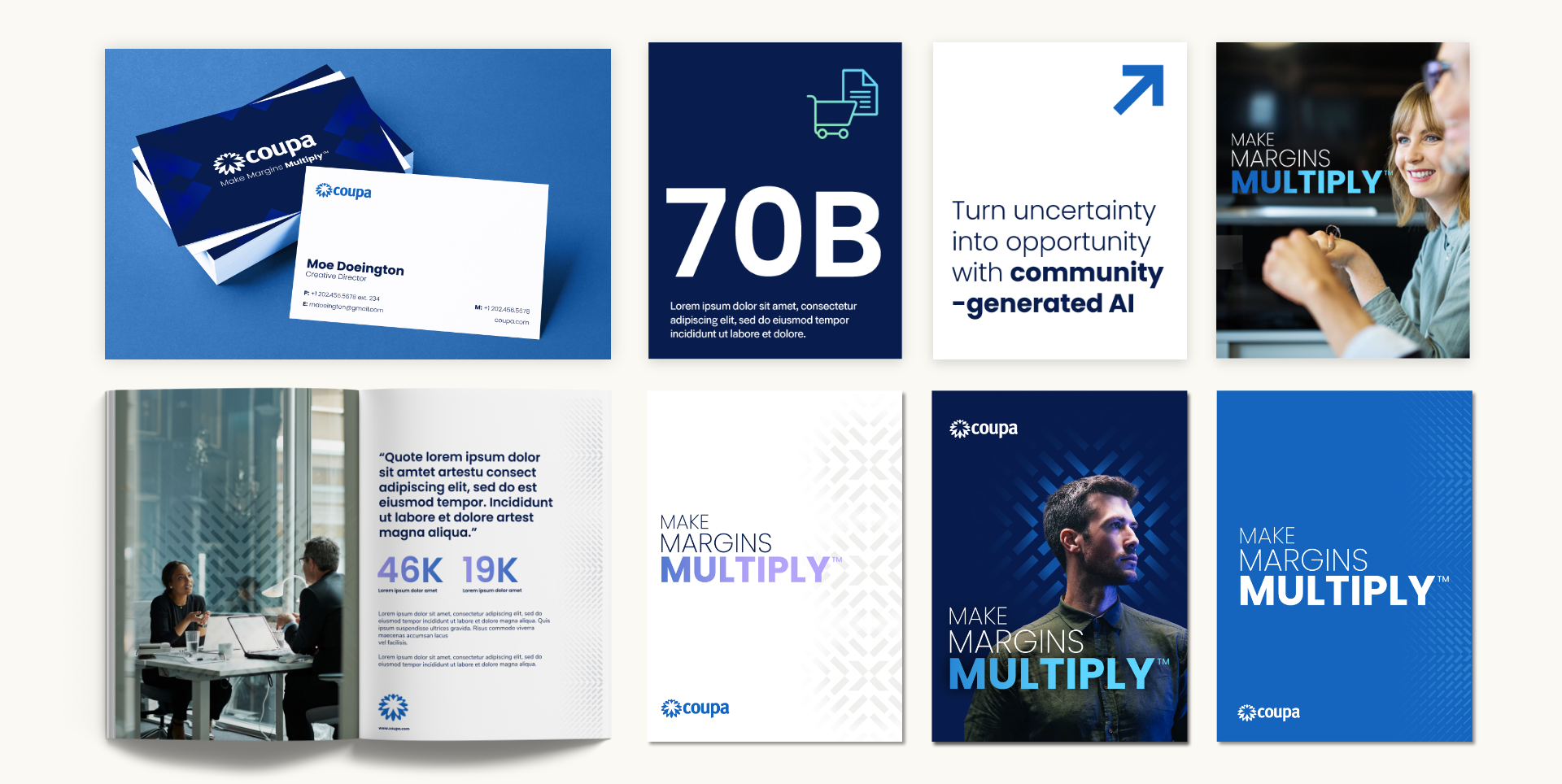For professional services firms, content marketing plays a pivotal role in establishing authority and building trust with B2B clients. In an industry where expertise is the ultimate currency, delivering valuable, targeted content can set firms apart and drive meaningful engagement.
The Role of Content Marketing in Professional Services
Professional services firms thrive on credibility and trust. Unlike product-based businesses, their value lies in intangible offerings such as expertise, insights, and tailored solutions. Content marketing provides a powerful avenue to showcase these strengths while addressing the unique challenges of B2B buyers:
- Educating Decision-Makers: B2B buyers in professional services often require in-depth understanding before making purchasing decisions. Content such as white papers, blogs, and webinars can provide the knowledge they need to move forward with confidence.
- Demonstrating Expertise: Thought leadership content, such as industry analyses or expert opinions, helps position firms as authorities in their field.
- Building Trust Over Time: Consistent, high-quality content fosters familiarity and reliability, which are key to winning long-term engagements.

Key Content Marketing Strategies for Professional Services Firms
- Develop a Thought Leadership Program
Thought leadership is a cornerstone of content marketing for professional services. By sharing unique perspectives and innovative ideas, firms can:
- Demonstrate industry expertise and forward-thinking approaches.
- Build credibility with target audiences and differentiate themselves from competitors.
How to Execute:
- Create a steady stream of thought-provoking articles, white papers, and reports.
- Participate in podcasts, webinars, and industry panels to amplify your voice.
- Share proprietary research or data to provide exclusive insights.
- Prioritize Client-Centric Content
B2B clients seek solutions tailored to their specific pain points. Crafting content that addresses these needs directly can:
- Showcase your understanding of industry challenges.
- Offer actionable advice that resonates with decision-makers.
How to Execute:
- Develop case studies that illustrate your success in solving client challenges.
- Write blogs or guides that answer common client questions.
- Segment your content by industry, business size, or role to ensure relevance.
- Leverage Multiple Content Formats
Different clients consume content in different ways. Diversifying your content formats ensures you reach your audience effectively. Consider:
- Blogs and articles for quick insights.
- Video explainers or tutorials for visual learners.
- Webinars or workshops for in-depth discussions.
How to Execute:
- Use a mix of written, visual, and interactive content to cater to varied preferences.
- Repurpose existing content into new formats, such as turning a white paper into an infographic or a series of blog posts.
- Harness the Power of SEO
Search engine optimization (SEO) ensures your content reaches your audience at the right time. Optimized content drives visibility and attracts qualified leads.
How to Execute:
- Conduct keyword research to identify the terms your audience is searching for.
- Optimize headlines, meta descriptions, and content for search engines.
- Build a library of evergreen content that remains relevant over time.
- Nurture Relationships Through Email Marketing
Email marketing is a powerful tool for engaging prospects and nurturing existing client relationships. By delivering targeted, valuable content directly to their inbox, you can:
- Keep your firm top of mind.
- Provide consistent value over the course of the buyer’s journey.
How to Execute:
- Develop segmented email campaigns tailored to different stages of the sales funnel.
- Share exclusive content, such as industry reports or invitations to events.
- Use analytics to refine your approach based on open and click-through rates.

Measuring the Impact of Your Content Marketing Efforts
To ensure your content marketing strategies are effective, it’s essential to track performance and refine your approach. Key metrics to monitor include:
- Engagement Metrics: Track page views, time on site, and shares to gauge content resonance.
- Lead Generation: Measure the number of qualified leads generated through content-driven efforts.
- Conversion Rates: Assess how effectively content drives prospects to take desired actions.
- Client Feedback: Solicit feedback on the value of your content to understand its impact on decision-making.
Final Thoughts: Building Authority Through Content
In the competitive landscape of professional services, content marketing is not just an add-on; it’s a necessity. By delivering valuable, client-focused content, firms can establish themselves as trusted advisors, differentiate from competitors, and drive long-term success.
Partner with Bluetext for Content Marketing Success
At Bluetext, we specialize in crafting content marketing strategies that help professional services firms showcase their expertise and connect with B2B clients. Contact us today to learn how we can elevate your content efforts and drive measurable results.





